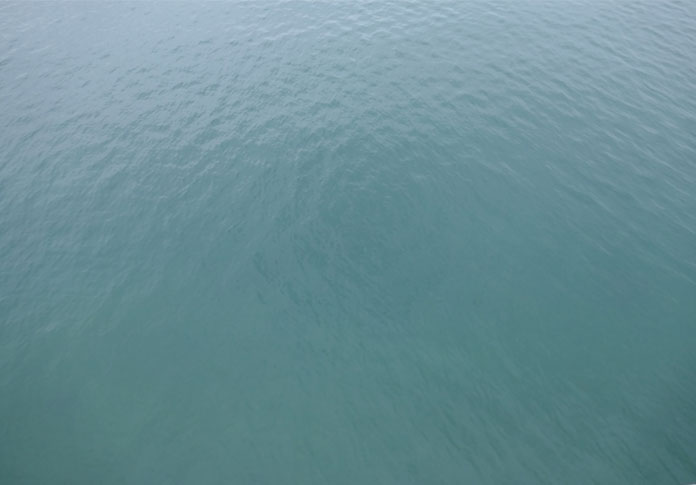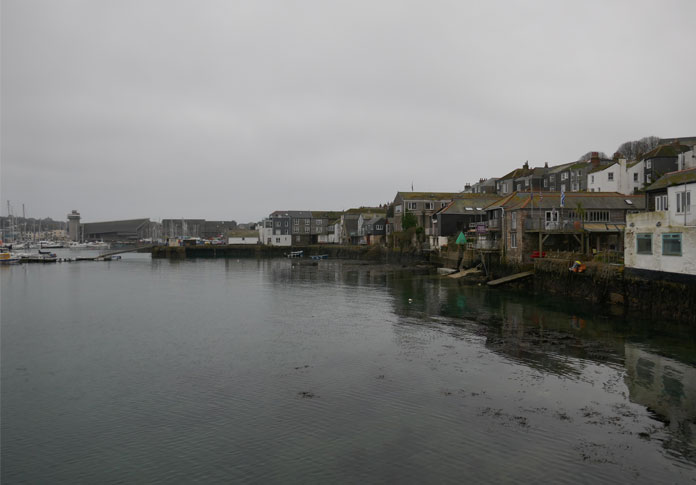Anyway, the review, passage from. Marr has just summarised Goodhart's notion of "Somewheres" - people who are "rooted in geographical identity" and thus distinct from cosmopolitan, internationally minded, "liberal elites" who might be expected to - you guessed it - feel comfortable in the European Union. In the wake of the Brexit vote, says Marr, those elites face the "queasy possibility" that they "are going to have to acknowledge, or even kowtow, to the views of the more numerous authoritarian, poorer Somewheres".
Marr writes: "The liberal elites are so certain of themselves and they have become so used to thinking they are on history's sunny side, that the very idea of such an accommodation sends them into a vituperative frenzy. Witness the jeering at pro-Brexit voters for being stupid about the economy and the almost gleeful enthusiasm for loss of their jobs as a result. Goodhart quotes a Bulgarian political scientist: the outcome is a sort of struggle in which populists are becoming openly anti-liberal, and elites are becoming secretly anti-democratic."
Secretly? Do Bulgarian political scientists count as experts these days? I like Marr's use of the word "kowtow", which came into English from Cantonese (thanks, Wikipedia). Perhaps high-profile journalists have a ubiquity which would make them "Everywheres" if Goodhart extended his analysis. Doubtful about the word "authoritarian", though. "Populism" seems to have been smuggled past the let's-define-our-terms stage straight to bad-word status; maybe we should be more careful with such judgemental verbiage. Is it "authoritarian" to - oh, not now!
I went online to double-check title, spelling of author's name, derivation of "kowtow", et cetera, and in the process came across Jean-Paul Sartre's The Roads To Freedom, which caught my eye not least because it was serialised on TV once, long ago, with lovely singing over the end-titles. Maybe there is something a tad disconcerting about the unexamined assertion that the pro-Brexit vote might be less valid because anti-Brexit voters were better informed (and less stupid, ha ha), and I wonder what Sartre would have made of that. Or Orwell, come to think of it.
But what turns over in my mind, thinking about today's binary debates about everything - left/right, good/bad, in/out - is just this. To judge from his chosen title, even in his time and place, even with his political and cultural allegiances, Sartre took it for granted that there was no single road to freedom. And I suppose I'm also taking a moral from this: like history itself, and the roads themselves, The Roads To Freedom remain(s) unfinished.



